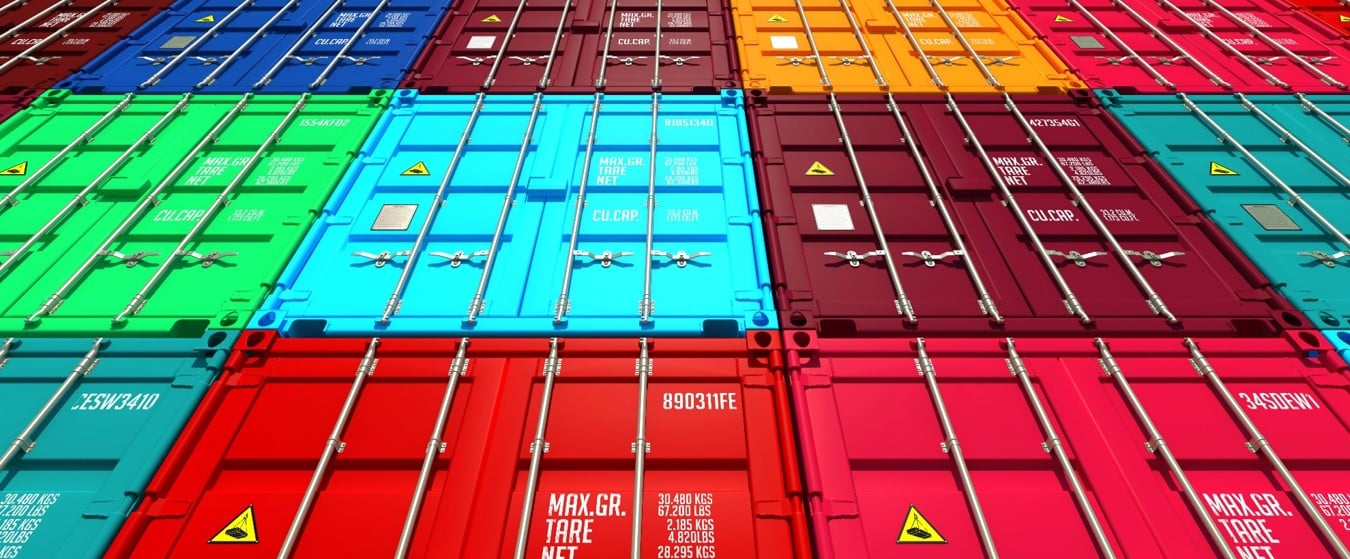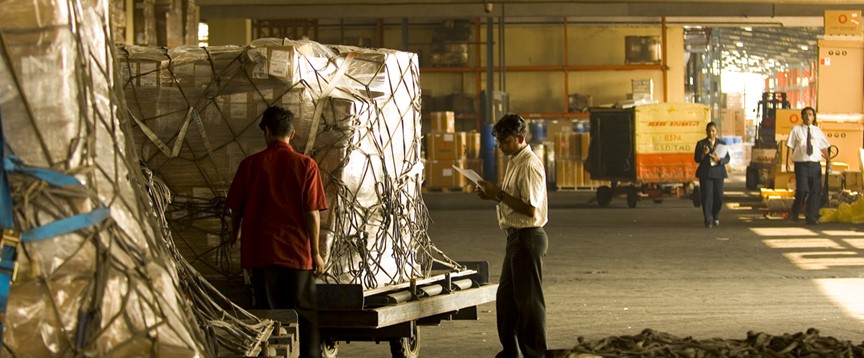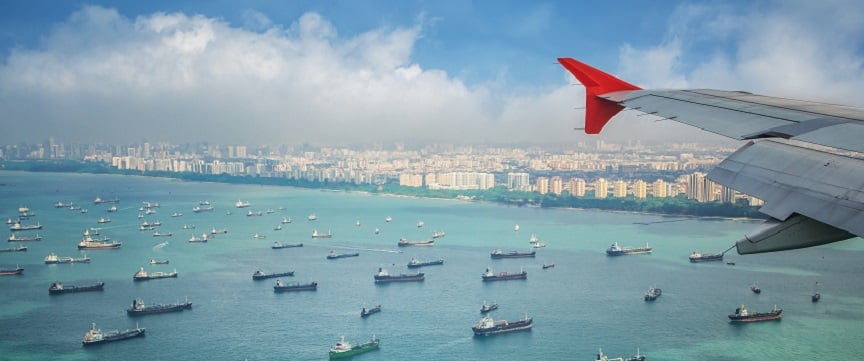
As 2019 is coming to a close, we wanted to wrap things up with our top five Horizon Blog posts of the year. Take a look below for industry updates and information in freight forwarding and supply chain to make the most informed decisions as you prepare for the new year. Looking forward to 2020, keep an eye out for new communication channels and bigger news updates on the horizon.

What's Changing with the IMO 2020 Regulations? [VIDEO]
In October 2016, the International Maritime Organization (IMO) announced a new environmental regulation to come into effect as of January 1, 2020: the reduction of sulfur content in all marine fuels from the current 3.5% to 0.5% for ships operating outside the Emission Control Areas (ECAs)*.
Original Bill of Lading vs. Sea Waybill
There are two primary types of documents that move all ocean cargo: original bills of lading and sea waybills. The wrong type of ocean transportation document can cause serious consequences in a company’s supply chain and can inadvertently increase financial exposure. Choosing the correct type of document, conversely, can go a long way toward ensuring a streamlined and secure supply chain. 
Our Pharma Hub in Brussels Will Help Shippers Meet Regulations [VIDEO]
In response to the ever-growing Good Distribution Practices (GDP) guidelines, Expeditors, in partnership with Aviapartner, has a strategic pharma hub at a front line location at the Brussels airport.
Finding a means to maintain temperature control while in transit is essential and that is only half the challenge. The proximity of this facility to the freight can be just as pivotal to the success of any solution. 
Updates to INCOTERMS® 2020
Buyers and sellers have been using Incoterms® for decades to help streamline supply chain movements and provide clarity around what roles each party plays. Using the wrong Incoterm® for your shipment can result in confusion and possibly delay.

Navigating Through the Complexities of South Asia's Market [VIDEO]
The market in South Asia is growing increasingly complex, how are you adapting?
We have seen a significant rate of change in Asian markets, which can be attributed to shifting costs, emerging markets, and evolving trade regulations. South Asia in particular continues to gain momentum as an emerging market, creating significant supply chain opportunities and challenges.










